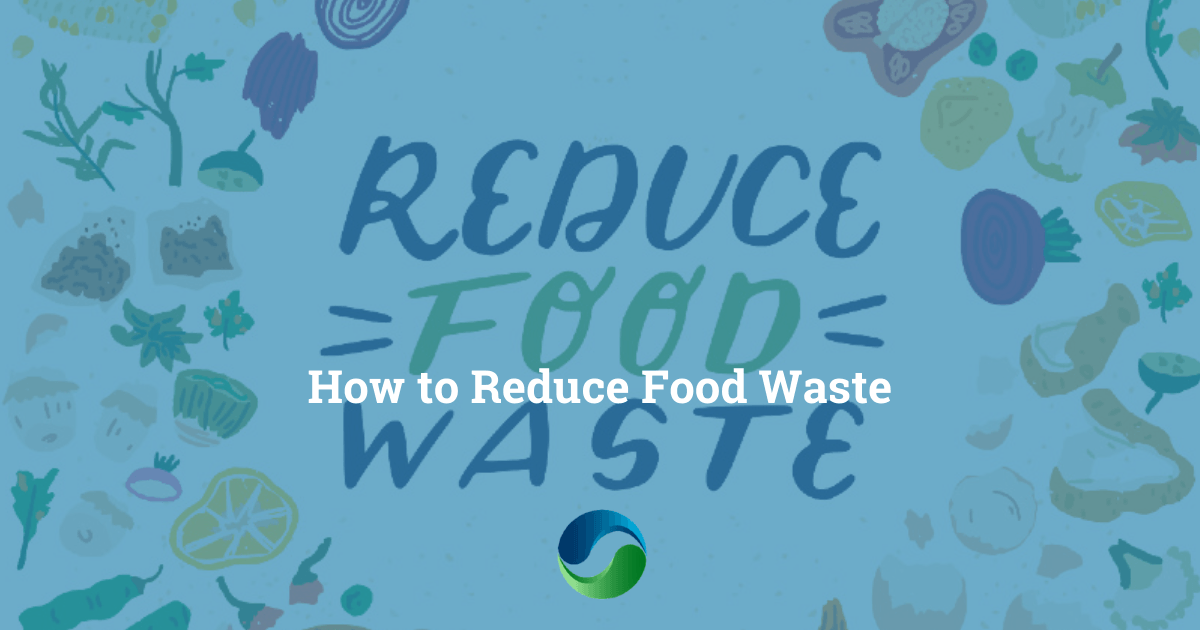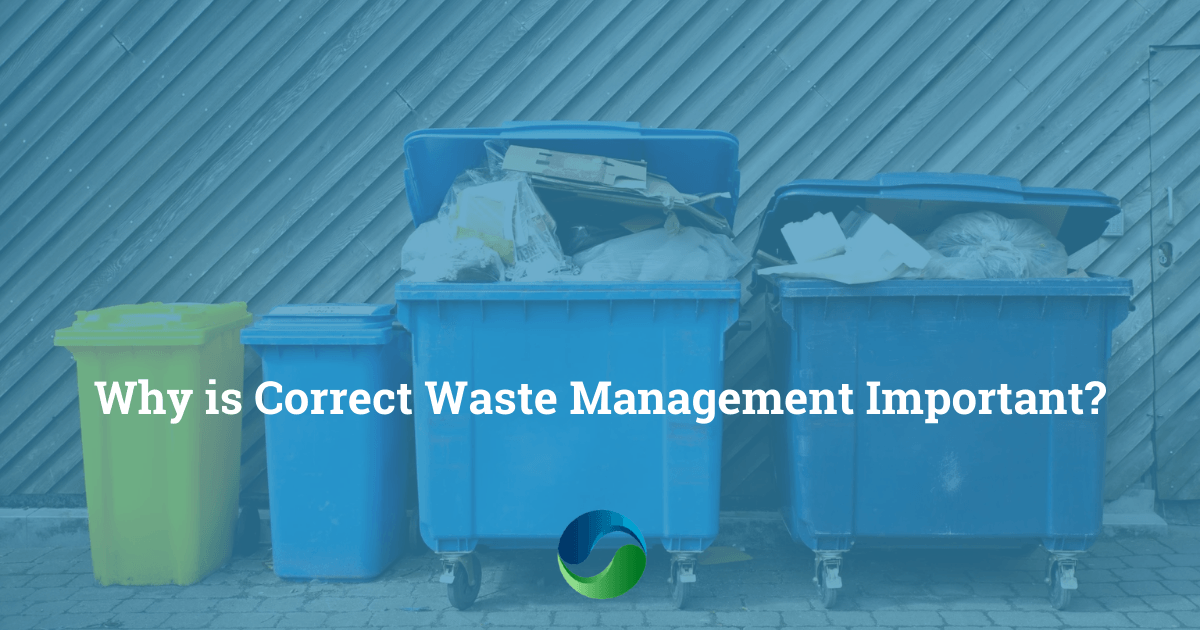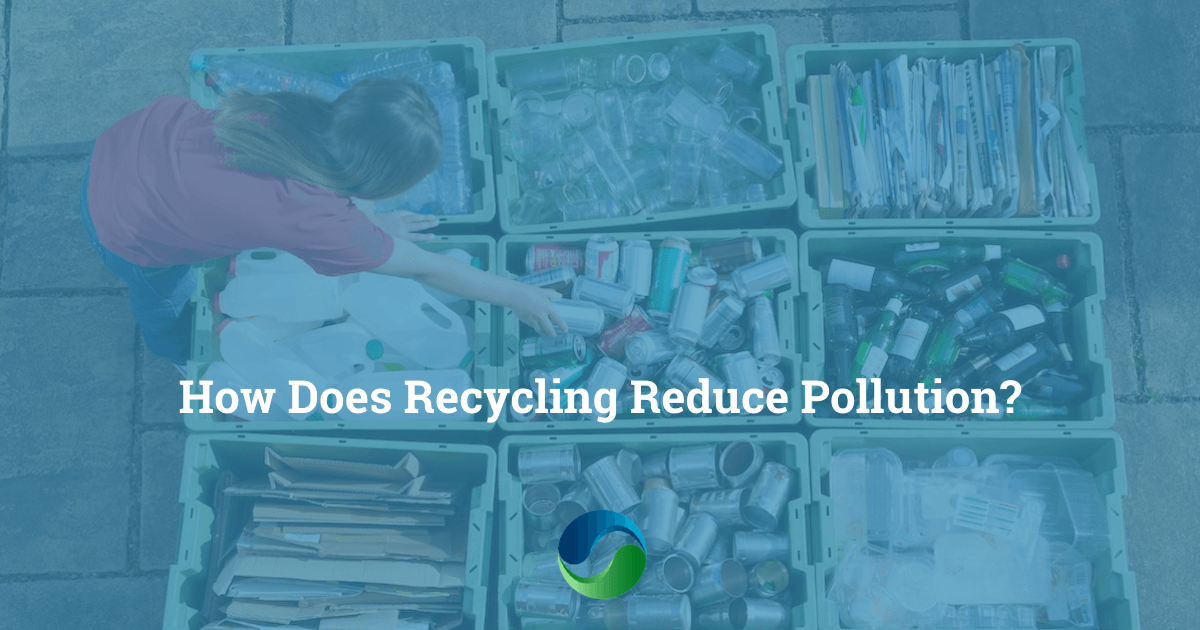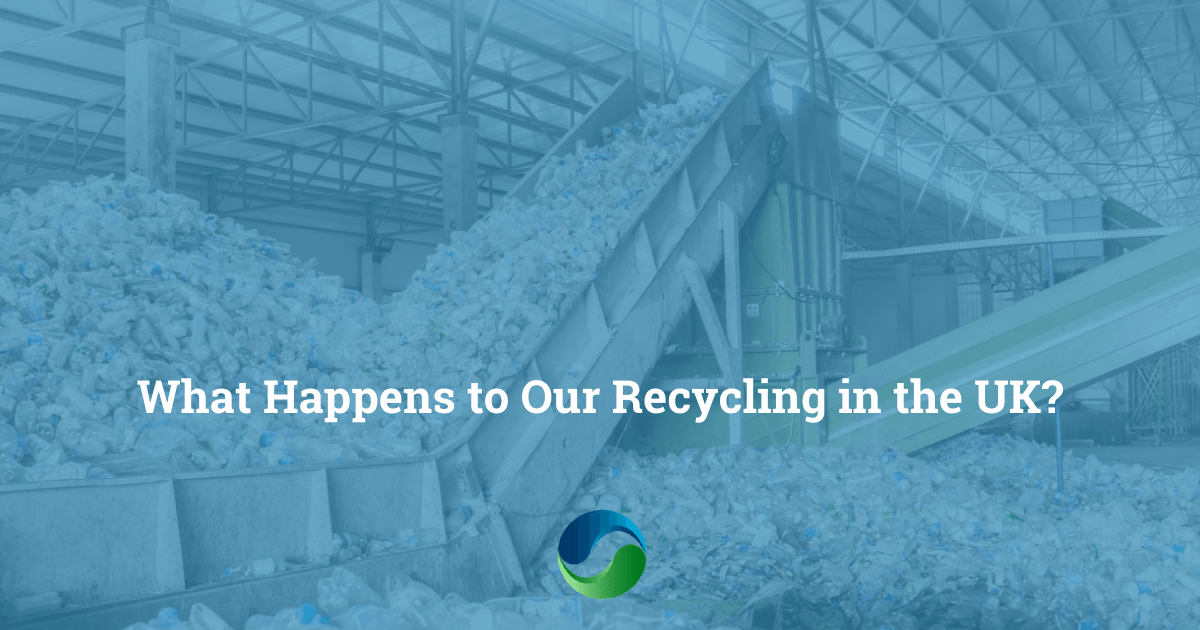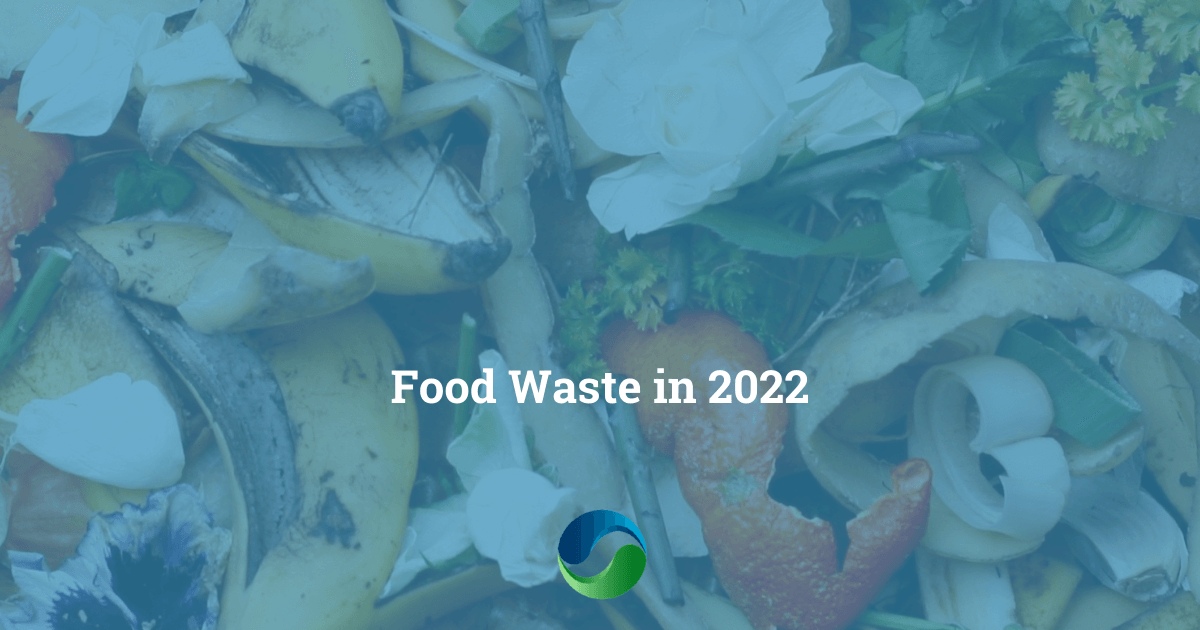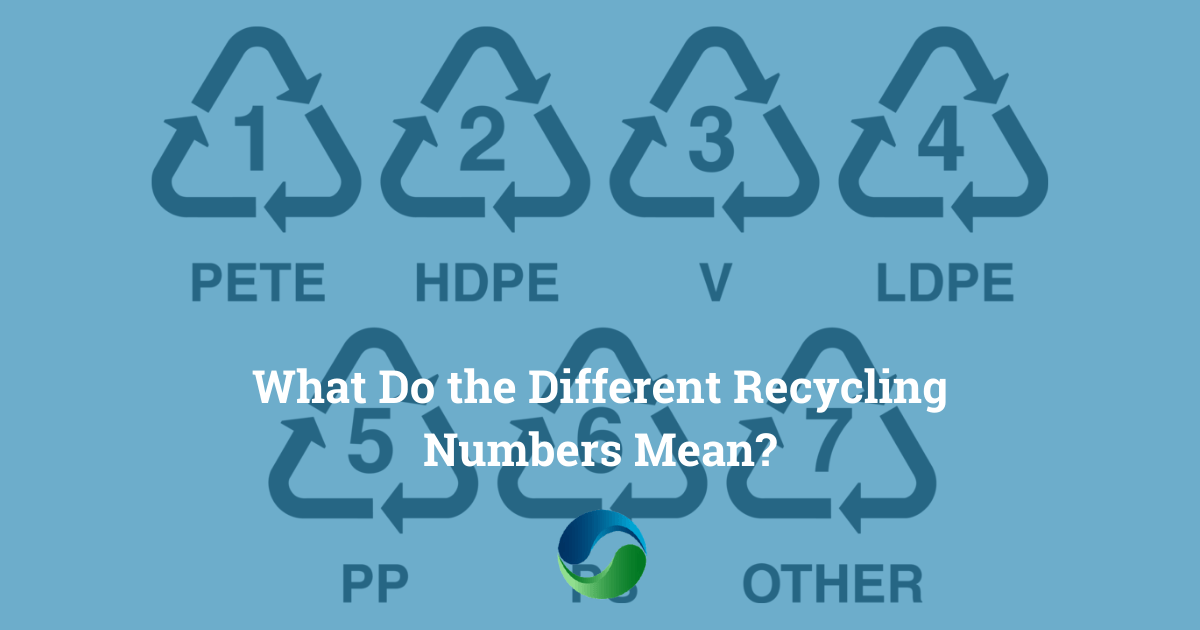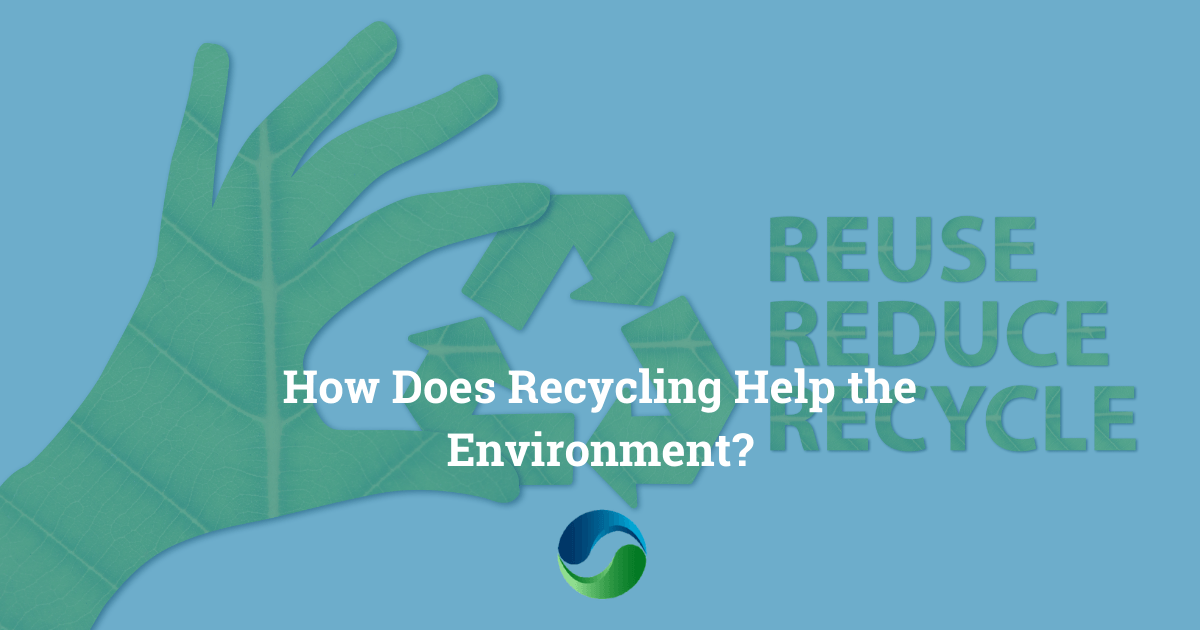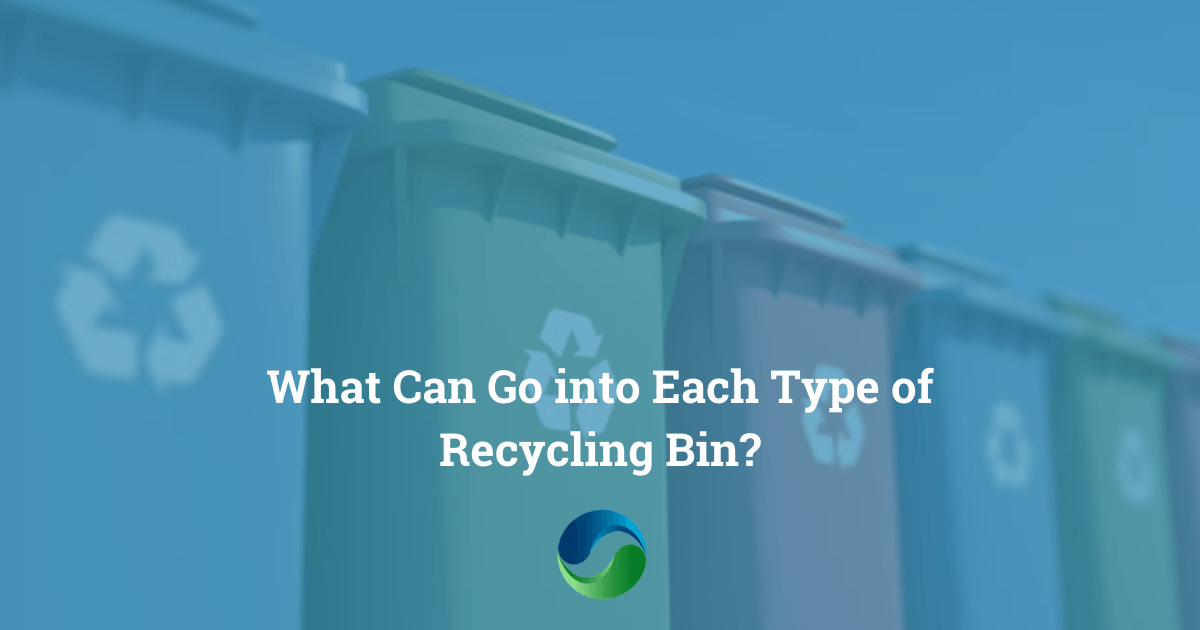
Food waste has become one of the biggest modern problems. The UK alone produces around 14 million tonnes of food waste every year according to the European Commission, which is around twice the amount of Sweden and Spain.
The amount of food we waste and how we dispose of it needs to become less impactful on the environment to increase sustainability efforts. In this blog, we will be discussing where food is wasted, how we can waste less food, tips on how to reduce food waste, and how to properly dispose of food waste.
Where is Food Wasted?
Food can be wasted in various steps throughout the transportation, consumption and disposal process including:
- Before they are even brought to market, misshapen, marked, discoloured or otherwise abnormal-sized fruit and vegetables that do not meet the requirements of the marketplace are discarded.
- During transportation, food can become spoiled.
- Both businesses and ourselves at home throw out offcuts and products past their sell-by dates. (In developed countries, this is the most food wasted).
- Uneaten food that has already been cooked is binned.
How Can We Waste Less Food?
We are completely capable of reducing our food waste if we make these small changes to our relationship with food:
- We should eat all shapes and sizes of fruit and vegetables. When choosing your produce from the supermarket, don't be put off by the appearance of fruit and veg.
- Companies can use 'ugly' produce in their products: in drinks, jams, chutneys, hummus, and snacks.
- We should use it to produce additional resources: a growing amount of food waste is now being sent to compost sites or anaerobic digestion facilities, where it is broken down and converted into gases, providing a renewable energy source.
You should also consider composting any waste at home, which has even more benefits if you have a fruit or vegetable patch.
5 Great Tips to Cut Down on Food Waste
- Don't go overboard. Keep track of what you've purchased and used. Take a "shelfie" – a photo of your refrigerator and cupboards to keep you aware of what's available.
- When you buy fresh food, be sure to check the use-by dates. Rather than relying on best-before dates, pay attention to these dates. Only acquire what you can consume before it passes its expiration date.
- Prepare ahead of time. Consider what you'll be eating throughout the week and how you'll use any leftovers.
- Get to know your grocer. They'll be able to tell you how to use up any leftovers.
- Freeze your food. Use your free time to batch-cook and freeze meals.
What to Do With Food Waste
Some food waste can be turned into compost or fertiliser. However, it is more common that the food will end up in landfills where it has a huge impact on the environment, which emphasises our duty to reduce our own food waste.
It's important to note that businesses and institutions are legally obliged to dispose of their food waste properly under The Duty of Care Regulations, but individuals are also encouraged by many local authorities to follow this duty as well so that they have somewhere responsible for disposing of their own personal household organic wastes, which includes any leftover foods from cooking at home.
Companies like ourselves here at
Materials Recovery
provide expert and professional food
waste management services. Our services ensure that food waste is disposed of in the most environmentally friendly way possible.

